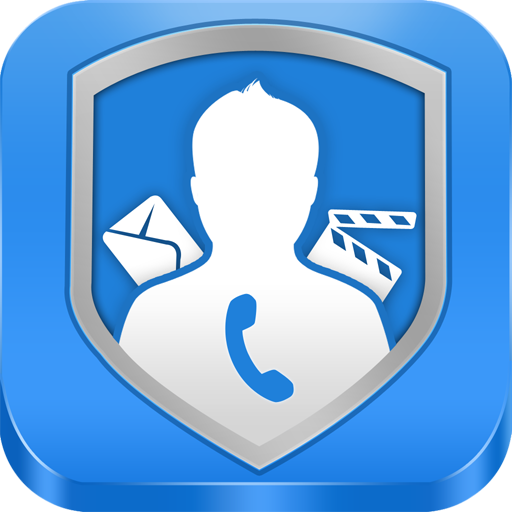Sharing sensitive information in today’s digital world can be challenging. With concerns about data breaches and unauthorized access, finding secure methods for transmitting confidential details is crucial. Private notes are digital messages that self-destruct after being read or after a specified period. They allow you to share sensitive information without leaving a permanent trail and ensure that the intended recipient can only access the content and cannot be intercepted.
Benefits of private notes
One of the primary advantages of private notes is confidentiality. These notes minimize the risk of sensitive information falling into the wrong hands by automatically deleting it after being read. Passwords, financial details, and other personal information that shouldn’t be stored long-term can be shared using this feature. what is private note This secure messaging system uses self-destructing messages to ensure sensitive information remains confidential and isn’t permanently stored on any device or server.
This significantly reduces the risk of unauthorized access or data breaches when sharing sensitive data. When using private notes, following best practices to maximize security is essential. First, choose a reputable private note service that uses strong encryption. Next, set appropriate expiration times for your notes—shorter durations are generally more secure. Additionally, use strong passwords or encryption keys when available to add an extra layer of protection.
Alternatives to private notes
While private notes are an excellent option for sharing sensitive information, other methods exist. Encrypted messaging apps, secure file transfer services, and virtual private networks (VPNs) can also provide safe ways to communicate sensitive data. Each method has strengths and may be more suitable depending on the specific situation and shared information type.
Best practices for sharing sensitive information
Regardless of the method chosen, there are general best practices to follow when sharing sensitive information. Always verify the recipient’s identity before sending any confidential data. Use strong, unique passwords for all accounts and services. Update your devices and software regularly to ensure that you have the latest security patches on your devices and software. Lastly, be cautious about the information you share and always consider whether digital transmission is necessary.
Educating others about secure information sharing
Educating others about safe practices is an integral part of information security. When sharing sensitive information with your friends, family, and colleagues, it is essential to use secure methods like private notes to protect your privacy. It is essential to realize that as technology advances, so do methods for sharing secure information. Several technologies, including cryptography, blockchain, and artificial intelligence, will likely significantly impact private communication. Staying informed about these developments can help people and organizations adapt their practices to maintain the highest security level possible.
Conclusion
As security breaches and privacy concerns are prevalent in the current era, tools like private notes can help you share sensitive information safely and securely. Individuals and organizations can have greater peace of mind in communicating and securing their confidential information by understanding and utilizing these secure methods to protect their confidential information. It is important that individuals and organizations understand and utilize these secure methods to protect their confidential information in order to have greater peace of mind when communicating and securing their confidential information.


Comments are closed.